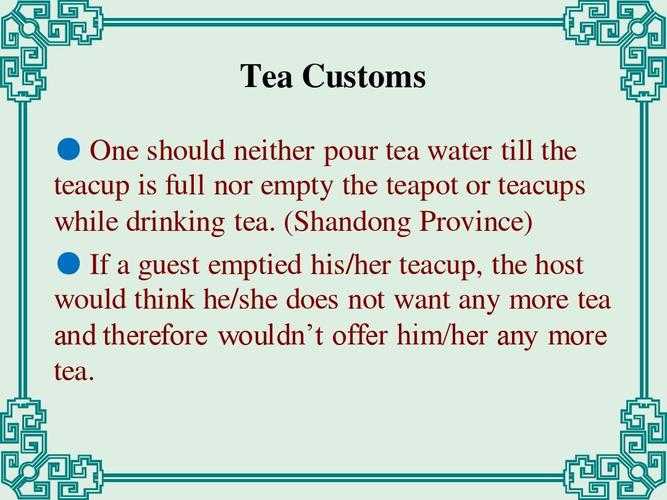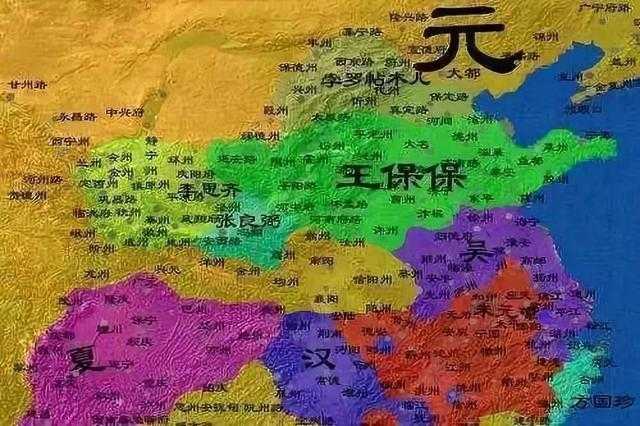Introduction
Tea culture is an integral part of Chinese heritage and has a long history dating back thousands of years. This article aims to provide an in-depth exploration and translation of Chinese tea culture for English readers. The following six aspects will be discussed: the origins of tea, types of tea, tea ceremonies, health benefits of tea, tea etiquette, and the cultural significance of tea.
Origins of Tea
The history of tea in China can be traced back to ancient times. Legend has it that Emperor Shen Nong discovered tea by chance when tea leaves fell into his boiling water. Since then, tea has evolved from a medicinal herb to a beverage enjoyed by people from all walks of life. The cultivation and refinement of tea took centuries, resulting in various tea varieties with unique flavors and characteristics.
Tea was initially used for medicinal purposes due to its rejuvenating and healing properties. Over time, it became a popular social beverage and an integral part of Chinese culture. Today, tea is not only consumed for its taste but also for its health benefits.
Types of Tea
Chinese tea can be classified into six main categories: green tea, black tea, white tea, oolong tea, yellow tea, and dark tea. Each type of tea undergoes different processing methods, resulting in distinct flavors and aromas.
Green tea, known for its fresh and grassy taste, is the most widely consumed tea in China. Black tea, with its robust flavor and reddish-brown color, is a popular choice in Western countries. White tea, the least processed type, has a subtle and delicate flavor. Oolong tea, known for its complex flavors and aromas, is enjoyed by tea connoisseurs. Yellow tea, with its distinctive yellow liquor, is a rare and prized variety. Lastly, dark tea, aged and fermented over time, has a rich and earthy taste.

Tea Ceremonies
Tea ceremonies play a significant role in Chinese tea culture. They are formalized rituals that involve the preparation, serving, and appreciation of tea. The art of tea brewing, known as gongfu cha, requires skill, precision, and a deep understanding of tea brewing techniques.
During a tea ceremony, the tea master carefully selects the tea leaves, controls the water temperature, and skillfully pours the tea into small cups. The guests then appreciate the tea's aroma, taste, and color. Tea ceremonies provide an opportunity for socializing, relaxation, and contemplation.
Health Benefits of Tea
Tea is not only a flavorful beverage but also offers numerous health benefits. The high concentration of antioxidants in tea helps to neutralize free radicals and reduce the risk of chronic diseases such as heart disease and cancer. Tea is also believed to boost metabolism, aid in weight loss, and improve digestion.
Different types of tea have varying health benefits. For example, green tea is known for its weight loss properties, while black tea is believed to promote heart health. Oolong tea has been associated with improved brain function and reduced risk of diabetes. Drinking tea regularly is considered a healthy lifestyle choice in Chinese culture.
Tea Etiquette
Tea etiquette is an essential aspect of Chinese tea culture. It encompasses the proper way of brewing and serving tea, as well as polite behavior during tea ceremonies or social gatherings.
Some key tea etiquette practices include respecting the tea master, using the correct tea utensils, and appreciating the tea's aroma and taste. It is also important to hold the tea cup with both hands as a sign of respect and to avoid making noise while drinking tea. These traditions reflect the values of respect, harmony, and tranquility in Chinese society.
Cultural Significance of Tea
Tea has deep cultural significance in China and is associated with many customs and traditions. It is often used in important ceremonies, such as weddings and funerals, to symbolize unity, respect, and remembrance.
Tea also plays a vital role in social interactions and hospitality. Offering tea to guests is a gesture of welcome and friendship. The act of serving tea is a way to show respect and gratitude.
In conclusion, Chinese tea culture is a rich and diverse aspect of Chinese heritage. It has evolved over thousands of years and encompasses various aspects such as tea origins, types of tea, tea ceremonies, health benefits, tea etiquette, and cultural significance. Understanding and appreciating Chinese tea culture is not only a delightful experience but also a way to gain insights into Chinese history, values, and traditions.














